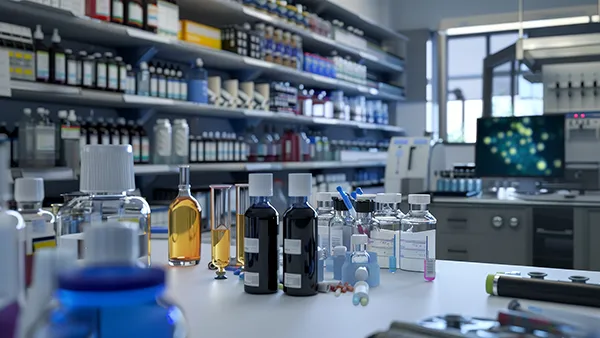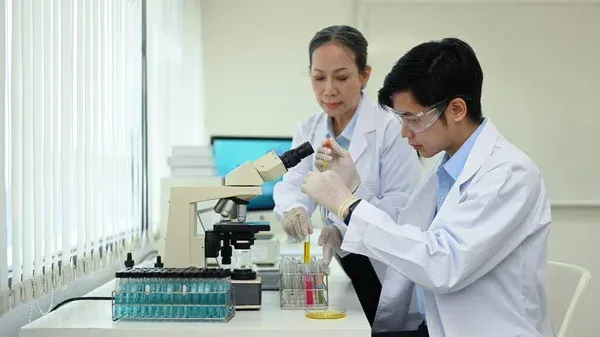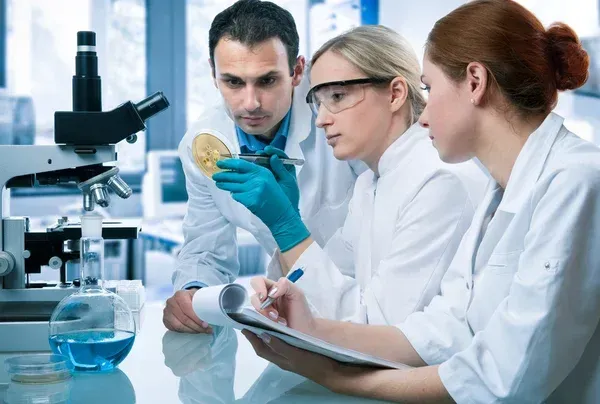ISO/IEC 17025 Introduction to Laboratory Management Systems (LMS)

1 Day Course
Workplace delivery
Globally recognised
1 day course
Accreditation to validate your results
Suitable for any organisation performing testing, calibration, or sampling.
ISO/IEC 17025 is an international standard that specifies the general requirements for the competence of testing and calibration laboratories. Laboratories use this standard to develop their management system for quality, administrative, and technical operations. Many countries mandate that laboratories hold this accreditation to be recognised as technically competent. In such regions, suppliers and regulatory authorities often reject test or calibration results from laboratories that are not accredited under ISO/IEC 17025, underscoring the importance of this standard in maintaining the credibility and acceptance of laboratory results.
For organisations, ISO/IEC 17025 accreditation provides multiple benefits. It demonstrates the laboratory’s competence and ability to produce reliable results, which not only assures clients and regulatory bodies but also offers a competitive advantage. Accredited labs are better positioned to secure contracts and business opportunities that specify or require compliance with this standard, making accreditation a valuable asset for expanding market access.
Key Skills Acquired


Understand the core concepts of Laboratory Management Systems (LMS)
Demonstrate commitment to quality and accuracy
Implement thorough documentation, staff training, and record-keeping
Ensure results are internationally accepted
Foster a culture of excellence in lab operations
Meet and exceed client and regulatory expectations
Apply to all testing and calibration labs, covering both standard and non-standard methods.
Integrate management systems and technical aspects like staff qualifications, methods, and equipment
Maintain unbiased operations and safeguard client data
Use validated methods with skilled personnel
Identify and mitigate risks, seizing opportunities
Achieve accreditation for global recognition of results
Duration
1 Day
Introduction to Laboratory Management System (LMS) concepts as required by ISO/IEC 17025
Fees
Please contact us with us to discuss pricing.
Refer to our Fees and Refunds policy for specific information about when fees are invoiced and how refunds are applied.
Have more questions?
Ask us today.
Copyright 2025 ABC Training and Consulting – All rights reserved. Alan Bartlett Consulting T/A ABC Training RTO #5800
